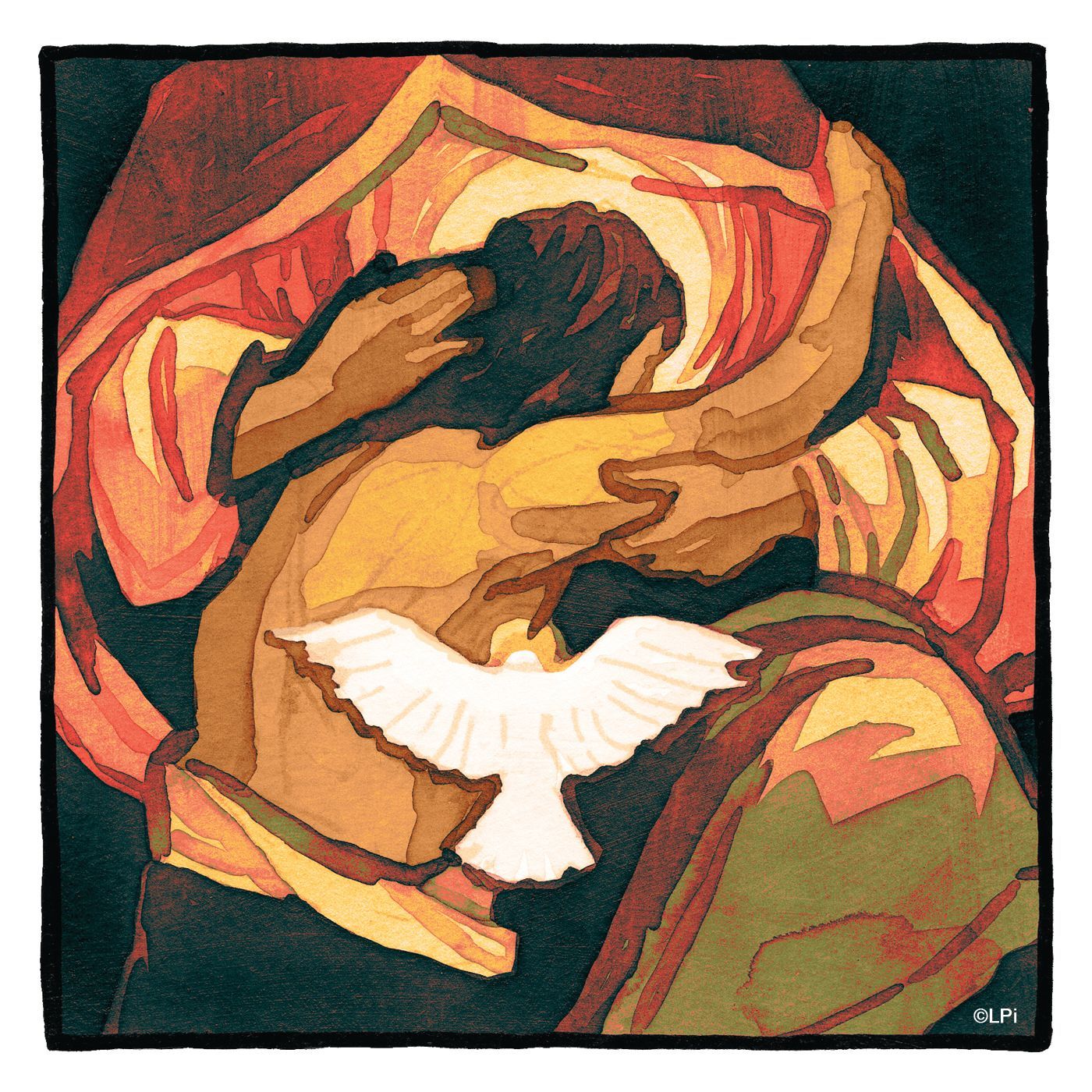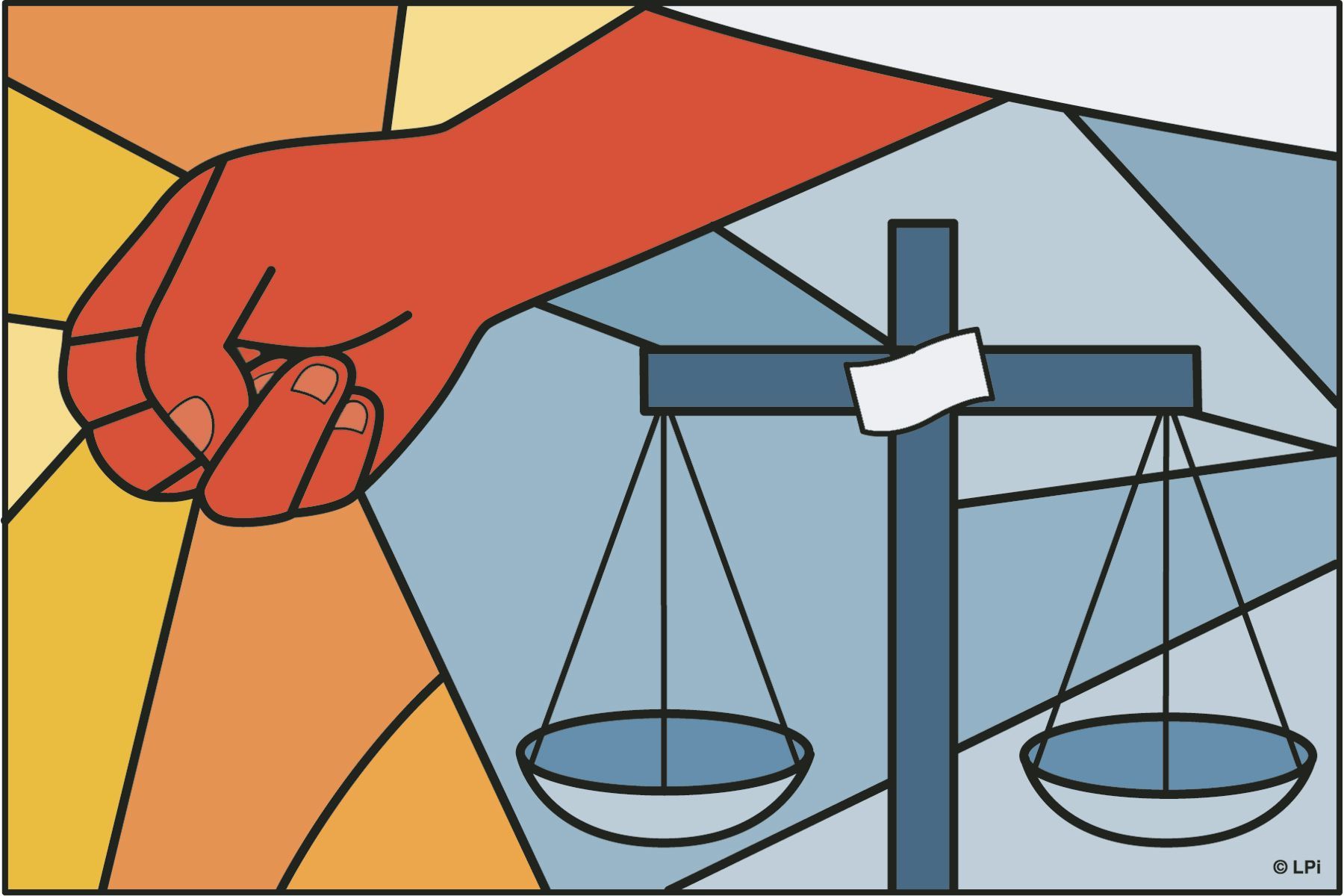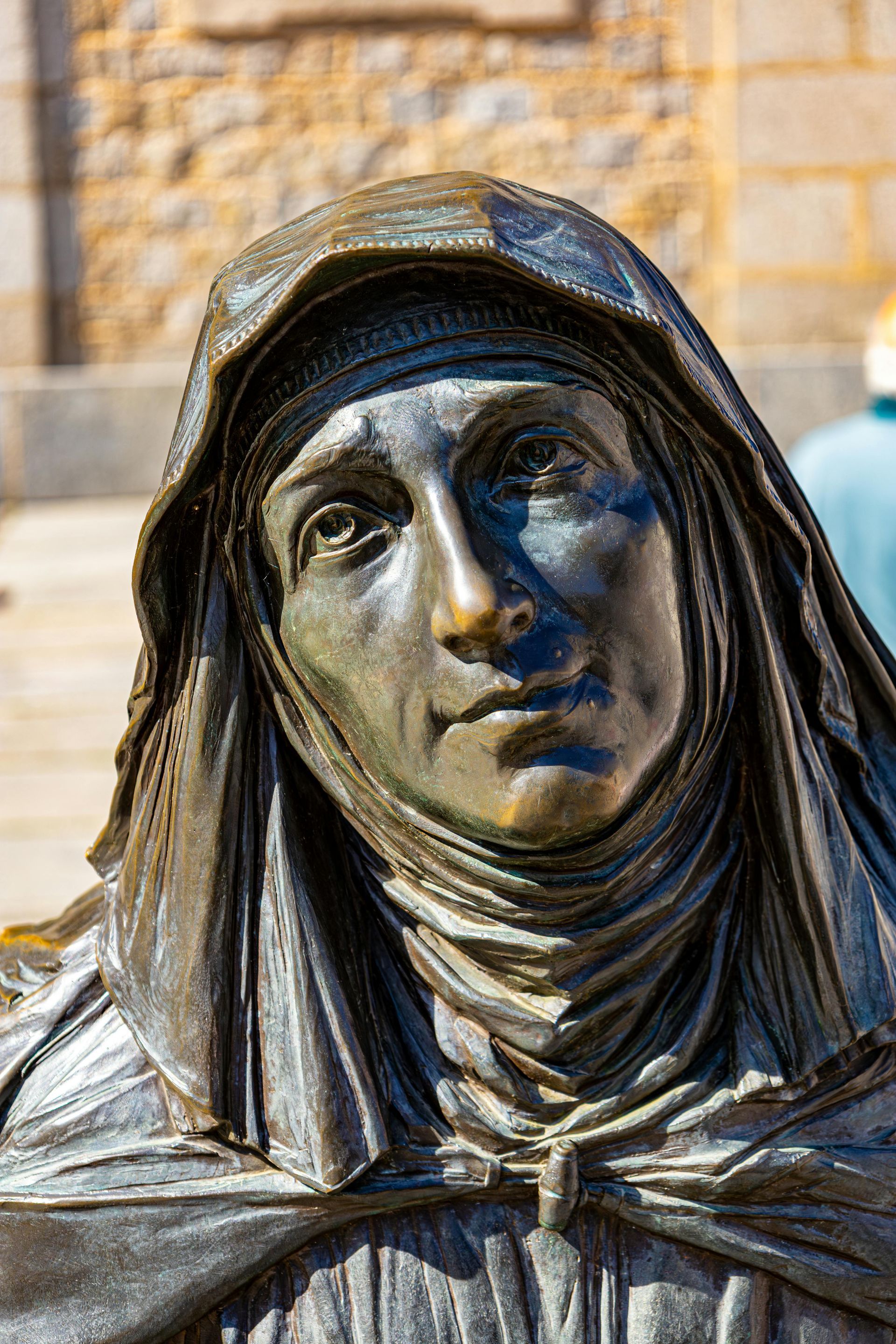Most Holy Trinity, Year C

There is a widely-held truth of Christianity that is expressed in the statement, “There is no such thing as being a Christian in isolation.” It has also been expressed as, “There is no such thing as being a solitary Christian.” The fundamental reason that there is no such thing as being a solitary Christian or being Christian in isolation is that God, the God of our Christian faith, is a God of relationship — a God in relationship! That relationship is what we celebrate today in the Solemnity of the Most Holy Trinity: God the Father, God the Son, God the Holy Spirit — one God, three persons — each with unique roles in relationship to one another: God the Creator, God the Redeemer, God the Sanctifier.
If, therefore, the God we believe in — the God we profess, the God that we worship and pray to, the God we trust in — is fundamentally a God of and in relationship, it follows that we, who are created in the image and likeness of that God of and in relationship, cannot express what we believe, cannot BE what we profess by being what our God is not: Christians in isolation; solitary Christians. We say that God is Love, and so God is. We sometimes identify the Persons of our Triune God — Father, Son and Holy Spirit — as the Lover, the Beloved, and the Love between them. There is a mutual indwelling of the three persons of the Holy Trinity, and mutual giving and receiving in which each shares and receives all that they are with each other. This expression of love of the Holy Trinity is communion. And it is the highest aim of the Love of God to draw us into the life of love of the Holy Trinity that is that communion. The Church teaches that “the dignity of [humanity] rests above all [emphasis added] on the fact that [we] are called to communion with God” (Catechism #27). That is why today is of such high importance among our days of worship that we deem it a solemnity — The Solemnity of the Most Holy Trinity. Above all, we are called to communion with God.
In the first reading we hear that the Wisdom of God, the Holy Spirit, “was poured forth before the earth...playing on the surface of God’s earth” and the Spirit of God says, “and I found delight in the human race." Our responsorial psalm, Psalm 8, reminds us that we are made “little less than the angels, and crowned with glory and honor.” These verses signal that we are created for communion with our creator. In the second reading St. Paul tells us that “the love of God has been poured into our hearts through the Holy Spirit.” That sounds like communion, doesn’t it? Indeed, the very incarnation of Christ is the manifestation of our God coming out to us to draw us into the life of the Trinity!
Therefore, if we are called into communion with God, then we, as the Body of Christ, are called into communion with each other. The very indwelling-dance of love of the Holy Trinity that we are invited and drawn into, invites — and also urges — that we go out and draw others into this dance of love. That's what the communion of our God does. That's what the love of our God is. The love of God poured into our hearts, as communion with the Holy Trinity, is to be poured forth from our hearts into this world in imitation of our Triune God: in little acts of love as simple as reaching out to make a connection to someone to let them know you were thinking about them, and greater acts of love through service that gather us, feed us, caring for each other in mind, body, and spirit; acts of mercy.
For we are not Christians in isolation.
And we cannot be Christians in isolation.






